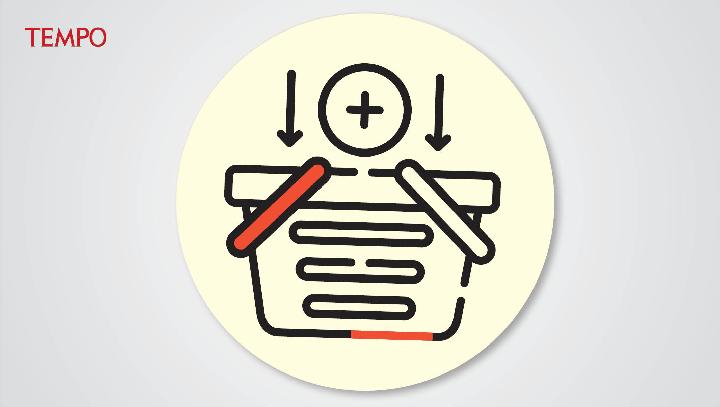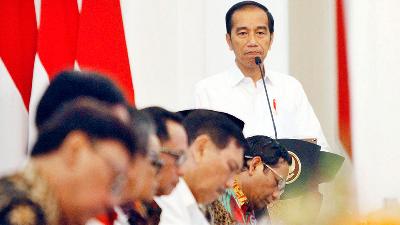The Rush to Raise Taxes
Monday, February 5, 2024
There is wide opposition to the entertainment tax increase this year and the 12 percent VAT from next year. This is a threat to the viability of businesses.
arsip tempo : 174496993873.

THE increase in entertainment tax is the latest proof of the poor management of taxes in Indonesia. The government wants to employ the easiest way of topping up state coffers without thinking about the long-term impact. The ultimate aim, namely an increase in tax revenues, will become harder to achieve.
The government and the House of Representatives (DPR) agreed on the entertainment tax increase through Law No. 1/2022 on the Financial Relationship between the Central and Regional Governments. Article 58 paragraph 2 sets the tax on specific goods and services from discos, karaoke venues, nightclubs, bars and spas at a minimum rate of 40 percent and a maximum of 75 percent. This provision must be applied by regional governments by January 1, 2024. In the previous law, the maximum was set at 75 percent, without any provision for a minimum level.
Even without these increases, the entertainment tax in Indonesia is the highest in Southeast Asia. For example, in Thailand, with its tourism-based economy, discos pay 5 percent tax. In Malaysia, entertainment venues pay 6 percent service tax. Meanwhile, in the Philippines, they pay 18 percent value added tax, higher than the 12 percent VAT in other sectors. Compare this with Jakarta, which previously set a tax rate of 25 percent for discos, karaoke venues, nightclubs and bars, and 35 percent for spas. The increase would be drastic.
Increasing tariffs in the hope of obtaining more tax revenues is a misguided way of thinking, especially at a time when taxes are already high. In some places, consumers will abandon the entertainment industry because it will be too expensive. The impact could threaten the jobs of the 20 million people working in this sector.
The increase in tariffs will also apply to VAT, which will rise to 12 percent. This is specified in Law No. 7/2021 on the Harmonization of Tax Regulations. This law increased VAT from 10 to 11 percent in 2022, and it will rise to 12 percent in 2025.
This is high because the average VAT rate—over 175 countries—is 10 percent, outside the European Union, which sets a minimum rate of 15 percent. In Southeast Asia, only the Philippines has 12 percent VAT. In Malaysia, Singapore and Thailand, it is only 7 percent. An increase in VAT would be unfair because it is a direct tax paid by everyone without discrimination, including poor people who consume goods and services.
For nations with high levels of domestic consumption, like Indonesia, this type of tax increase reduces people’s buying power as well as consumption. As a result, there is a threat of an economic slowdown.
The move by the government, as approved by the DPR, seems to show that it is at a loss as to how to increase the ratio of taxation to gross domestic product (GDP). In 2023, Indonesia’s tax ratio stood at 10.21 percent, a slight fall from the 2022 figure of 10.39 percent. This level is far below that recommended by the International Monetary Fund, which states that a tax ratio of at least 15 percent is necessary for sustained growth.
The government seems to have forgotten that the key to a healthy tax ratio is improvements to the management of taxation, from levying and managing to utilizing tax revenue. At the moment, oversight and law enforcement of taxes are still poor, the level of corruption is still high, and revenues are used as the government pleases. One example is the Rp466 trillion for the building of a new capital city.











